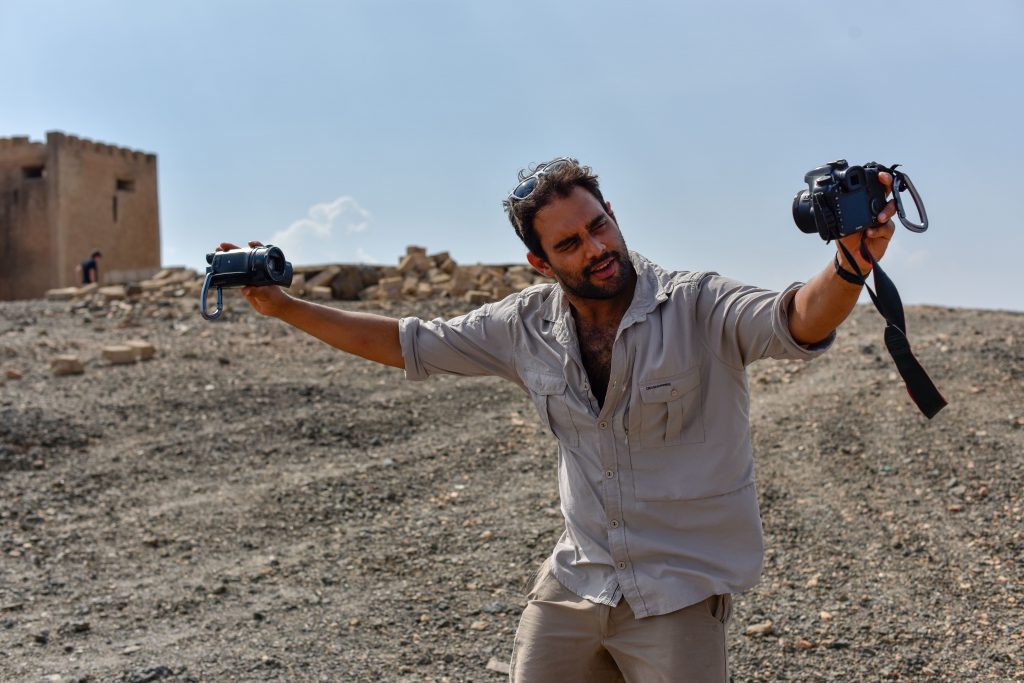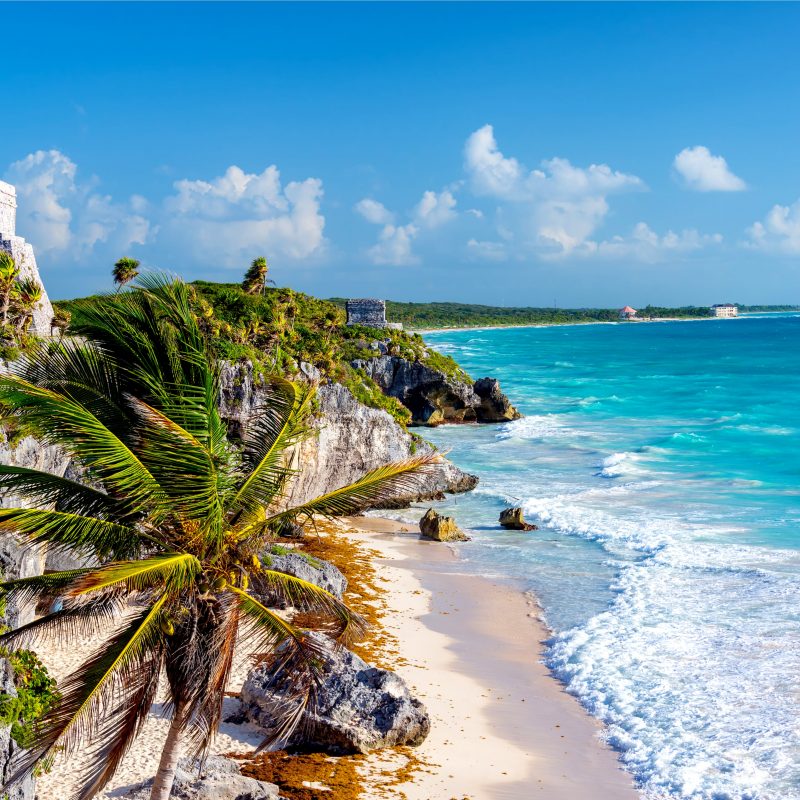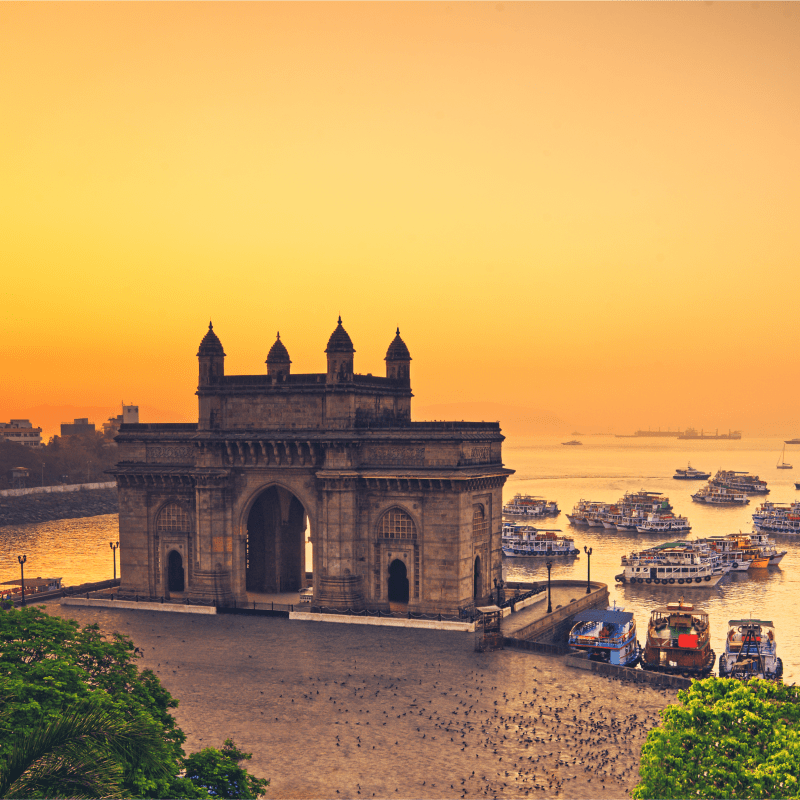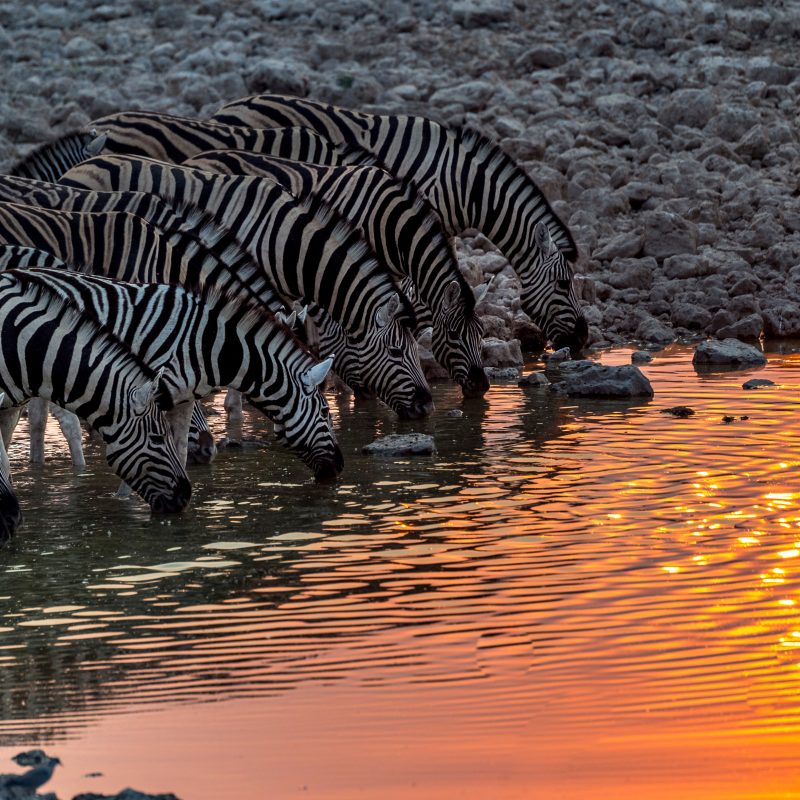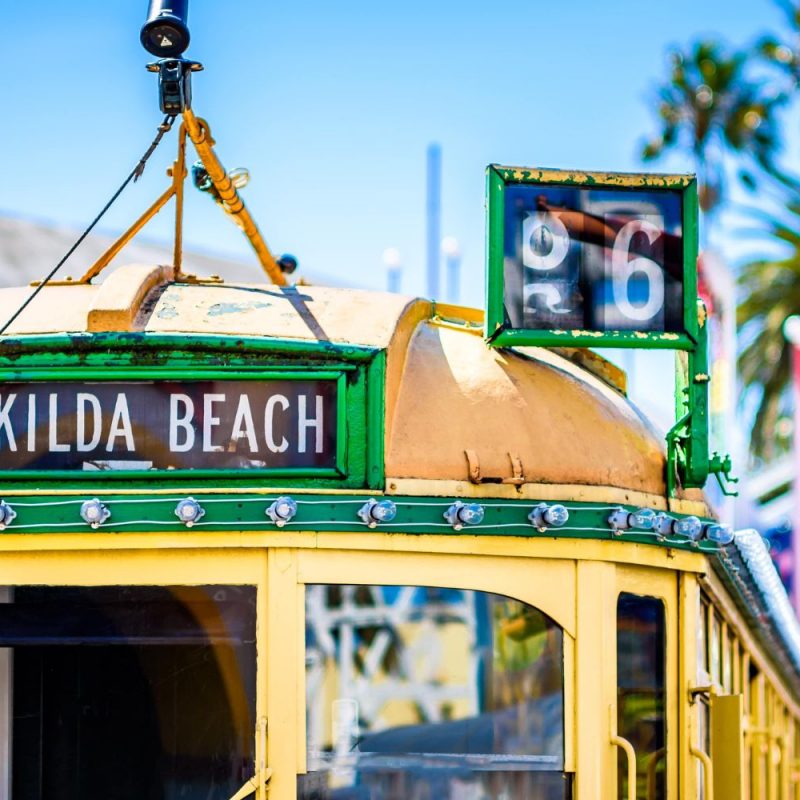Ash Bhardwaj is an award-winning journalist, podcaster & broadcaster, and the author of Why We Travel, The Independent’s “Travel Book of the Year 2024”. He has presented and reported from over 50 countries for outlets including the BBC, Telegraph, Times, Conde Nast Traveller, Discovery, and the Guardian, and appears as a travel expert on BBC One and Sky News.
In this interview, Ash discusses his early travels, forging a career in travel storytelling, and the ‘motivations’ behind travel explored in his new book ‘Why We Travel’.
Photos By: Ash Bhardwaj
Tell me about some of your early travels
We didn’t travel much when I was a kid. I grew up in social housing and was raised by my mum, who was on income support. Our travels were mostly in the countryside and within the UK. We would go to see my mum’s brother in Devon, and she had another brother who lived in the Netherlands. We didn’t travel abroad much, but I started to discover the joy of seeing places beyond the town I lived in.
When I was 16, I attended Windsor Boys’ School, a local comprehensive state school in Windsor. Unusually for a comprehensive, the school played rugby union and offered a subsidised rugby tour to Australia, New Zealand, and the Cook Islands. My mum had travelled to New Zealand in the 1970s, to visit some family who had moved there, and she loved it. So, when she found out the school was organising the tour, she got a second job to pay for me to go on the tour.
I learned how to play rugby, got a place on the team, and got a spot on the tour. Australia was lovely. We visited beautiful places like Rottnest Island, explored the Blue Mountains, and saw the Great Barrier Reef, but what struck me most when we got to New Zealand was how prominent the indigenous Māori culture was. At the airport, the signs were in Te Reo Māori. Māori art was everywhere, and Māori people were chatting to us. On the drive to the school, our coach driver, who was Māori, told us all about the Māori gods and the legends of Auckland.
This was in stark contrast to Australia, where the First Nations peoples were almost absent from mainstream Australian culture.This sparked a curiosity in me about different cultures and how history affects the places we see today. That curiosity drove me to ask more questions and explore more of the world.
How did you begin a career in travel storytelling?
I still don’t make all of my money from travel journalism, it’s just a part of what I do. I guess I developed curiosity during that trip to Australia and New Zealand. I found myself asking questions around why Australia and New Zealand felt so different. By asking questions and digging deeper I began to unpick these differences, and I started to understand more about their cultures. I noticed that having these questions to answer about places I visited made trips more interesting and helped shape my travel experiences.
The second thing I noticed was that being inspired by others’ journeys made my own journeys more interesting: following the footprint of World War II missions, for example, or learning about the space programme and going to the place where the rockets were built or launched. These two things together (inspiration and curiosity) made my travel more interesting, and I realised that the best way to achieve that more deeply was by writing about these journeys.
When I lived in Australia and New Zealand after university, I started sending emails to people back home. They were, essentially, early blogs, and I’d sometimes get feedback or responses, which encouraged me to write more. I then lived in a ski resort, and I ended up creating content for a ski school.
I began pitching stories to free magazines and newspapers, and met editors at events and told them about my work. Some of them asked if I’d like to write for them, and it all started to grow from there.
What are some of the stories you’ve been most proud to tell?
The first story I’m most proud of telling is the story of Aotearoa New Zealand, and using it as a lens to explore wider topics. It serves as a gateway into understanding how indigenous peoples are treated in British-colonised nations. I enjoy finding something that, on the surface, seems just curious, but when you dig deeper, it opens up discussions into really interesting topics. For example, in New Zealand, you can clearly see the presence and influence of the indigenous people. Why is that? It stems from a series of historical reasons, largely rooted in Māori people standing up for their civil rights in the 1950s and 1960s, as well as in the 19th century, and being able to stand up to fight the British because of the way the land was shaped. I find that so interesting because it leads onto wider topics to explore.
Another piece that I’m particularly proud of is helping people to appreciate the value of serendipity in travel, and not just filling their itineraries. I used my experience of walking 1,000 kilometres through Africa with my friend, Levison Wood, as a way to illustrate this idea.
Being able to tell people what I encountered in Ukraine and Crimea through empathy is also really important. Empathy is about being able to understand how and why people feel certain emotions, and I think we often forget the importance and power of empathy. For instance, if we’d had more empathy for the Russians—not sympathy, not agreement with their position, but a real understanding of their intentions and desires—we might have understood the whole situation sooner and acted differently. In that instance, it would have meant arming Ukraine earlier to deter more Russian aggression.
How did this lead you to thinking about motivations around travel that you have outlined in your book ‘Why We Travel’?
I spent time after COVID, after mum had passed away from ovarian cancer and we had our daughter Lyra, reflecting on my approach to travel. If I was to be travelling less frequently and for shorter times, how could I ensure my travel was still fulfilling? First of all, I had to figure out what had made my travel fulfilling so far.
I came to realise that for most people, travel is often thought of as holidays – relaxing breaks without much reflection on what makes one trip more meaningful than another. There’s no hierarchy of value in travel, and if someone’s favourite thing to do is sit in a resort, that’s completely valid. Most people don’t make travel their life’s focus because they have other important priorities.
However, I’ve had the privilege of exploring various forms of travel throughout my life. There are lots of different types of travel experiences and they hold different values for different people. When people talk about travel, they usually focus on ‘mechanisms’: where they went, the hotels they stayed in, the activities they did, the food they ate, and so on. These don’t necessarily explain why someone travelled or what made the experience meaningful.
People also talk about ‘outcomes’, like fun, relaxation, adventure, or learning something new. Then, there’s the aspect of identity, where someone might say, “I’m a traveller, not a tourist,” or “I love luxury” or “I’m into safaris.” But I realised these outcomes or mechanisms didn’t determine whether or not you had good travel experiences.
Reflecting on my own travels, I realised it was alignment between motivation and mechanism that makes travel fulfilling. If I had gone to Ibiza expecting cultural understanding, I would have been disappointed. If I had gone on Army exercises for fun and relaxation, I wouldn’t have found it. This understanding – that what you do and why you travel need to align – was the basis for my thinking.
I started interviewing people and reflecting on my own travels. I spoke to psychologists, psychiatrists, philosophers, psychotherapists, journalists, soldiers, artists, and authors. I read poetry, and lots of travel books. From this process, I identified 12 categories of motivations that drive travel. Importantly, there’s no hierarchy and one motivation isn’t better than another. For example, service isn’t a ‘better’ motivation than hedonism, but the travel industry only sells hedonism because it’s easy to market.
So, people are not introduced to these other motivations. They are unaware that they are possible, unless they hear about them from others’ stories, or discover them accidentally. The key is to first understand your own motivations by asking the right questions, and then constructing the mechanism for travel based on that.
The more you focus on your motivations, the less you focus on the destination or mechanism. So, you don’t have to just travel to the places that are sold to you. You can travel in the low season, or you can travel shorter distances, and you don’t have to focus on spending lots of money on luxury.
What are some of the motivations that will resonate with low season travel, and how can travellers fulfil these motivations?
Fulfilling travel is simply about aligning your motivations with the mechanisms of your trip. Consider someone visiting Venice. They may have a couple of motivations: curiosity of why the city is built on water; or inspiration of seeing the destination in films. They might be motivated by hedonism, in that they want to eat good food and enjoy themselves. Or mentorship, in wanting to learn from the art and history of Venice. The problem is, when you get to Venice you end up with a ‘Disneyfied’ version of the place.
Historically, Venice was primarily visited by aristocracy during the Grand Tour. As more people heard about it, mass tourism emerged, spearheaded by companies like Thomas Cook in the 19th century. Tourism providers began replicating the experiences of Grand Tour travellers, ‘standardising’ offerings to cater to expectations. Eventually, this led to ‘commodification’, where the community and heritage that people are visiting for becomes a product that’s sold. Eventually, it becomes ‘Disneyfied’, where you’re not sharing the authentic thing, you’re sharing a created version of the thing tourists expect.
When you’re travelling in high-season travel, this issue tends to be exacerbated. However, in the low season, you’re more likely to engage with aspects that aren’t being sold to tourists. You’re less likely to have commodified culture pushed on you, and are more likely to make your own discoveries to experience and engage with.
Personally, I dislike hot weather and dislike large crowds. Why would you want to be in Italy in the height of summer with the crowds? I have a friend who absolutely loves visiting Venice in January, when it’s quiet and the mist and fog are amazing. With low season travel, you see a different version of the place that nobody else does.
What are some travels that are still on your bucket list?
I’m lucky that my work takes me to distant places, for example I have just been to Japan and had an awesome time, and places just keep surprising me. I didn’t have Ecuador and the Galapagos on my ‘bucket list’, but an opportunity arose and I had the most amazing time exploring stories around conservation, the challenges of different types of environmentalism, and sustainability – protecting fragile habitats whilst considering carbon footprint.
Most of the travel I plan now tends to be closer to home and in the low season. If I’m going to Italy, for instance, I prefer taking the train and travelling during quieter times, like between the ski season and the Easter holidays. I’d like to see much more of Northern Europe, and take the train there too.
All the places I wanted to travel to when I was younger, for example India, Australia, New Zealand, Japan, East Africa, I have now been to. So now it’s more about discovering stories in the places I go. The more I have travelled, the more I have discovered that everywhere you go has really rewarding things, and it’s absolutely not about how ‘different’ it is, or how far away, or how expensive. It’s about the mindset you take there to discover something interesting. Ultimately, the more we think about why we’re travelling, the more time we can spend fulfilling those motivations whilst we’re in a destination.

